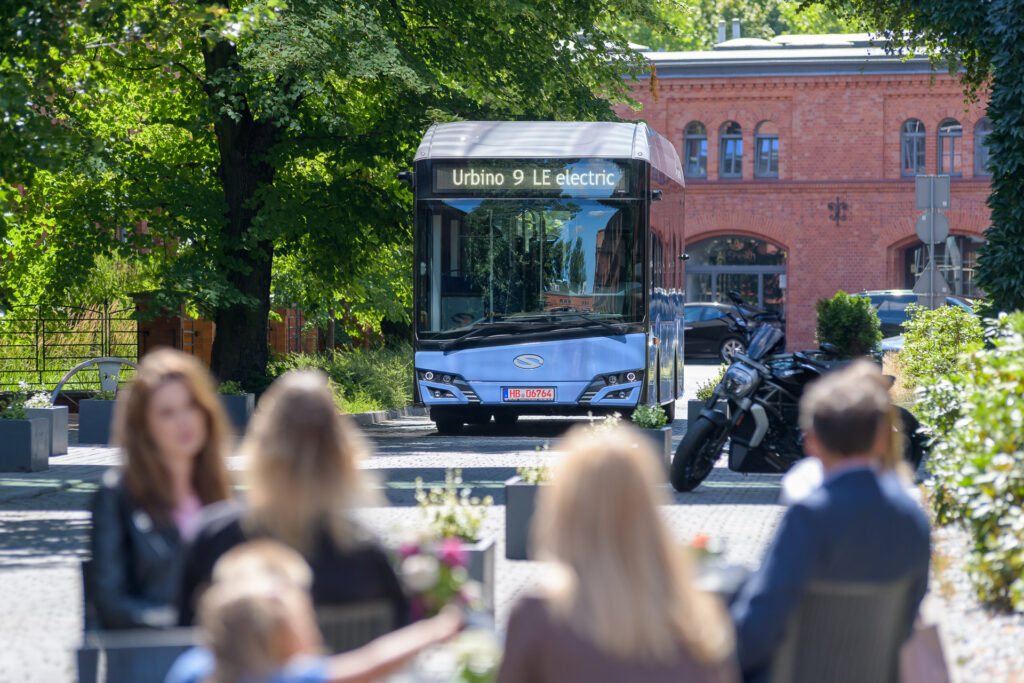UITP: 140 years of mobility and one question that remains as relevant as ever
Before the Summit in Hamburg begins, it is worth taking a closer look at what UITP is.

Last mile
The last mile is a term used in public transport to describe the final leg of a passenger’s journey. It is usually the distance between a transport interchange or transfer point and the destination, e.g. the walk from the bus stop to home or work. The journey to work is, therefore, not just the train or bus journey itself but also the distance to the destination in both directions.
The easiest way is to walk the last mile, but the bus stop or train station is not always close enough. If the distance is more than 400 metres, we are less likely to use public transport. The lack of adequate last-mile transport is the main reason why many people choose to travel by car. This is despite the much higher cost of this mode of transport, the waste of valuable time in traffic jams and searching for parking spaces, and not least the increased emissions and congestion caused by cars.

What’s more, the last mile also refers to trips for lunch, office visits, coffee with friends or shopping. The problem therefore touches on virtually every aspect of the daily commute and is often a major challenge for transport managers.
Almost half of all commuters would choose public transport if they could get home comfortably. So how do transport operators tackle the last mile and encourage people to use public transport?
See also:
Before the Summit in Hamburg begins, it is worth taking a closer look at what UITP is.
Learn more about the changes introduced by GSR2 and how they contribute to protecting all road users.
BRT in Aalborg: the city's solution for enhancing urban transport – what makes it so effective?